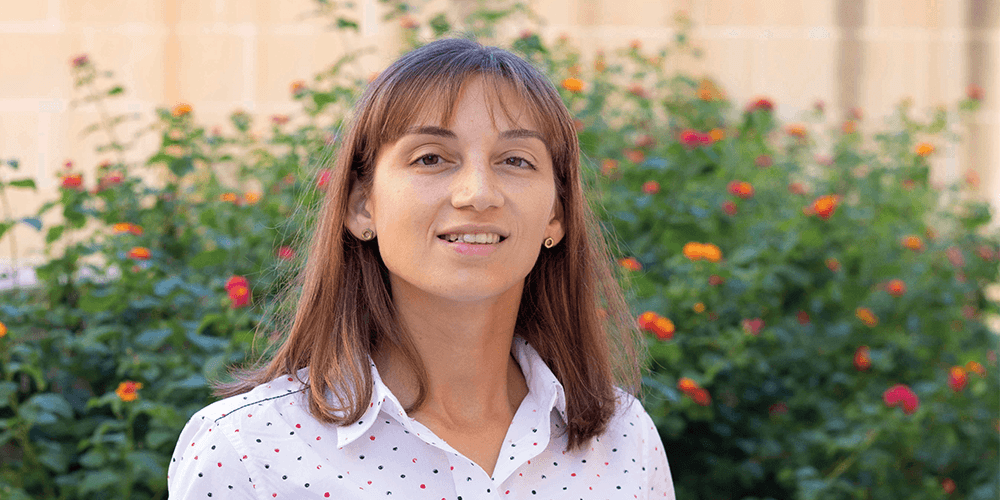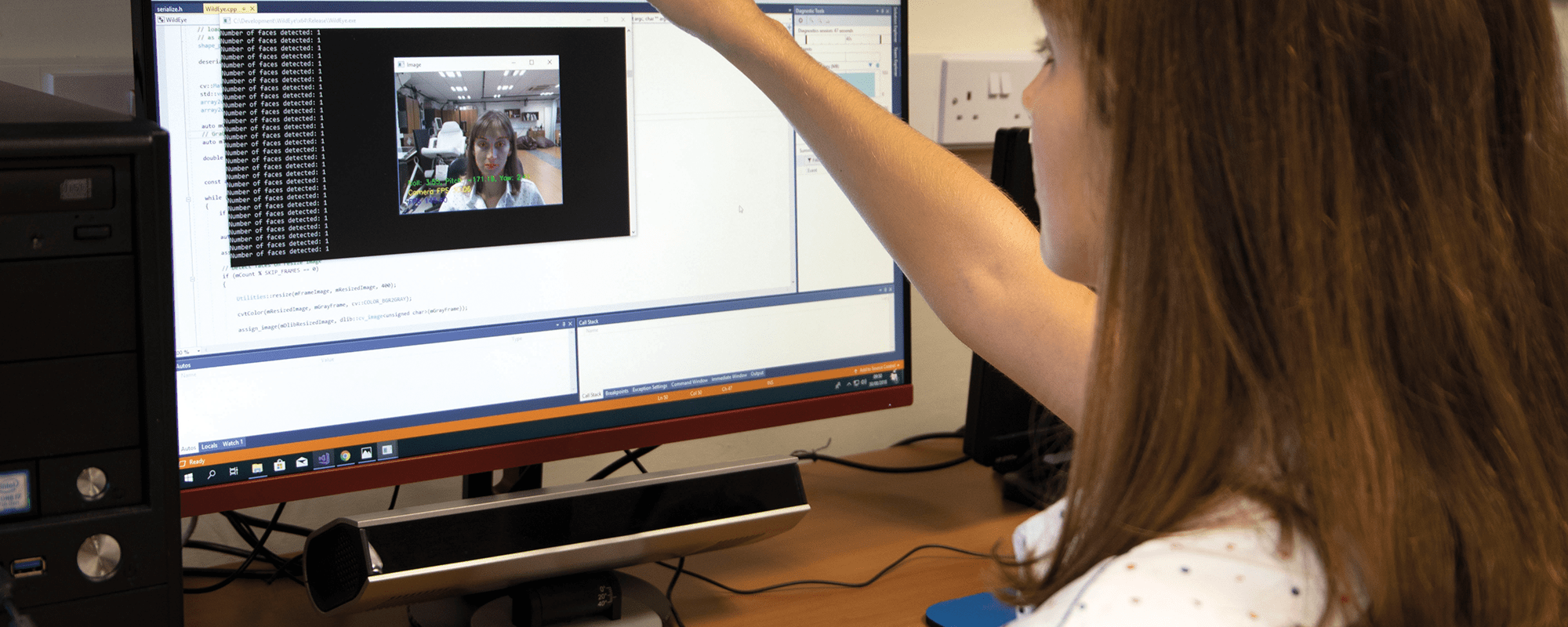How often do your date’s eyes glance down at your chest? Which products do people notice in a supermarket? How long does it take you to read a billboard?
Eye trackers are helping researchers around the world answer questions like these. From analysing user experience to developing a new generation of video games, this technology offers a novel way of interacting with machines. People with disabilities, for example, can use them to control computers. A team at the Department of Systems and Control Engineering (University of Malta) is using a research-grade eye-gaze tracker, worth around €40,000, to test technologies they are planning to commercialise soon.
Currently, commercially available eye-gaze trackers illuminate a user’s face and eyes with infrared rays to detect and monitor eye movements — this is called active eye-gaze tracking. The UM team, composed of Prof. Ing. Kenneth P. Camilleri, Dr Ing. Stefania Cristina, and Daniel Bonanno, in collaboration with Seasus Ltd, are developing a passive eye-gaze tracking system that does not require specialised hardware. A simple laptop or computer with a webcam does the trick, allowing the user to move naturally. The technology’s applications even spill over to music.

‘Dr Alexandra Bonnici, a fellow lecturer and a pianist herself, put forward the idea of developing an automatic page turner for digital music scores based on the user’s eye movements,’ Cristina explains. Electrical Engineering student Andre Tabone took the project on as part of his dissertation and made it happen. ‘The feedback we have received from musicians was positive. Alexandra herself tried it out. The implemented system managed to achieve accurate results with very few delays,’ adds Cristina.
But the work continues to evolve. ‘We have gone further and developed algorithms to monitor the quality of the piano playing so that feedback may be provided automatically to the student piano player,’ Camilleri says. The advanced testing device is useful for perfecting its webcam-based relatives.
Note: The project, called WildEye, is funded by the Malta Council for Science and Technology through FUSION: The R&I Technology Development Programme 2016, and is aimed towards providing persons with communication difficulties an alternative means to operate a computer.





Comments are closed for this article!